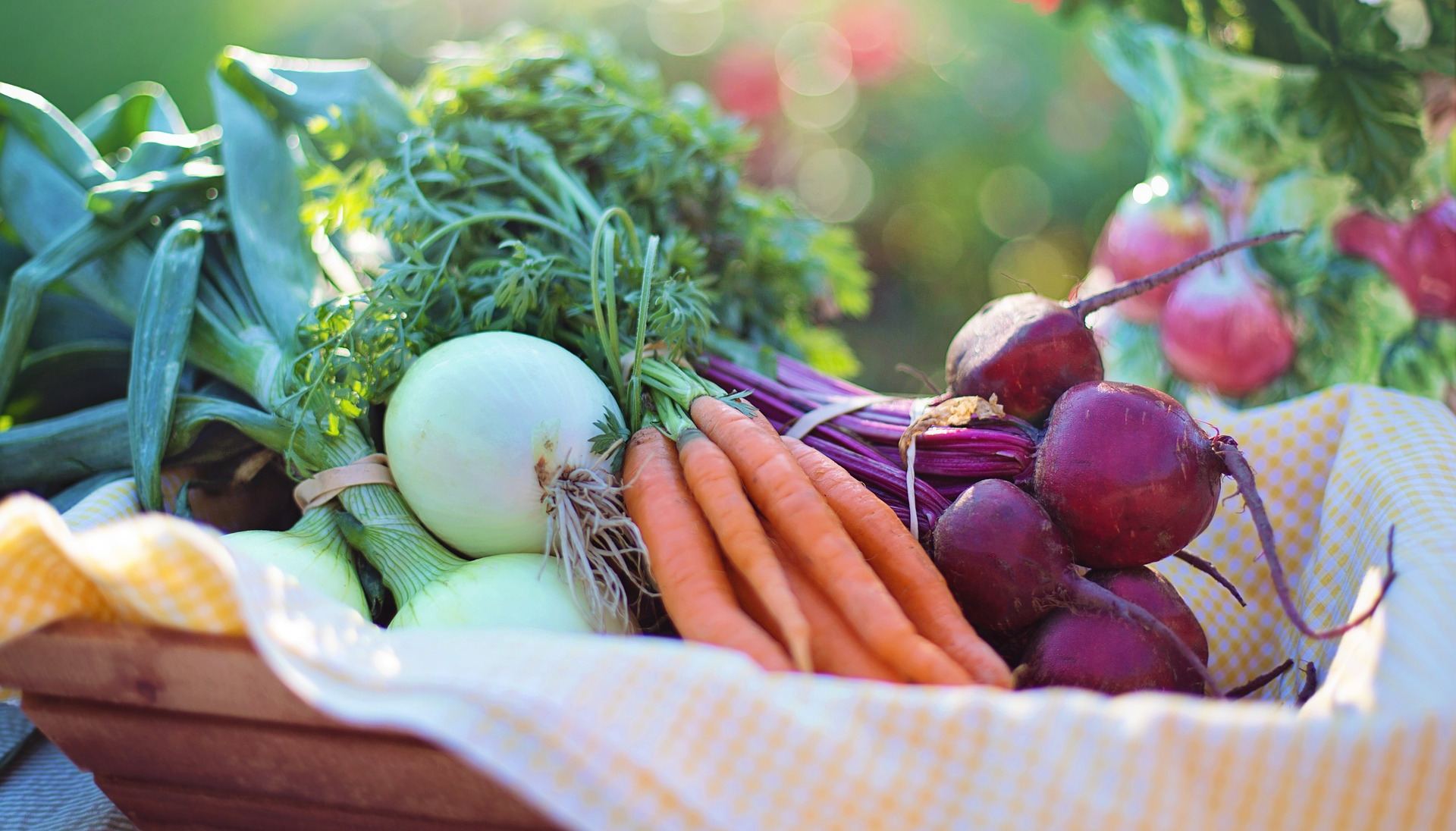Eating locally grown food is good for your body and the environment
Reproduced Courtesy the World Economic Forum
One key component of eating sustainably is eating locally-grown food that is considered in-season. But why?
Eating locally is a crucial tenet of sustainable agriculture — which refers to farming practices that understand and are conscious of the effects farming has on an ecosystem. Since all organisms are directly impacted by what happens to their environment, farming in a sustainable way has advantages for all organisms, even us.

There are many reasons to eat locally, but let’s start with distance. When you eat locally, you are cutting back on the necessity of more resources. Let’s take water into consideration, for example. Water is key to the growth of produce and to have water, we need adequate rainfall and proper — read: sustainable — irrigation. Eating out of season and out-of-range means farmers have to ship produce further away, which exacerbates the issue.
Shipping produce from further away takes water from one farm and ships the water or crop to a different region. Additionally, if you are growing out-of-season produce, it requires more resources. More water is needed to say, grow strawberries in New York in the dead of winter. They’re not supposed to be growing in winter in New York because it’s not their season in that region. Hence, needing more resources to “encourage” them to grow.
Eating locally also supports your local economy in a meaningful way. Farming takes a lot of resources, especially bodies and money. Local farmers, growers, artisans, purveyors, and restaurant-owners are needed to make locally grown foods work… or rather, sell. Since we, as consumers, have the ability to make important choices with where we spend and how we spend our money, supporting local businesses financially is a no-brainer.
Supporting local farmers builds your local economy; alternatively, you’d be handing over your hard-earned dollars to massive corporations. Sure, these big corporations make jobs for people, but these businesses are likely in other cities, states, and even countries. Not to mention, locally-grown foods get moved on a smaller scale than big corporations: that means less hands. In that case, the money you spend usually goes directly to the people growing it, rather than tons of different moving parents splitting a percentage.
If you want to learn more about how your money breaks down when supporting local businesses, do some research on the local economic impact of some businesses. Does the producer you buy from pay their employees a fair wage? Do they use sustainable practices? Do they practice social justice? Do they care about your health, their workers’ health and well-being, or just their bottom line?
When you eat locally, you are eating foods that likely have a higher nutrient count. It makes sense, right? Local foods are generally fresher — since they don’t need to be shipped anywhere, frozen in what’s likely single-use plastic packaging — and they have less of an environmental impact, all in all.
Eating locally is generally safer too, according to the Center for a New American Dream (CNAD). Small farms can grow more variety, which does wonders to protect biodiversity and ultimately, long-term food security. Also, small farms are usually less brazen with their pesticides. Locally-grown food generally contains less chemicals, even if it’s not organic, because these foods are grown in such a smaller-size batch than big companies. Smaller farms and businesses don’t need to put as much time in effort into concerns such as packaging issues, shipping issues, and even longevity. The main focus, instead, is growing and distributing the product. No-fuss and better all-around!
OECS Communications Unit
Link to original World Economic Forum article: https://www.weforum.org/agenda/2019/08/this-is-how-create-sustainable-version-agriculture?fbclid=IwAR2vSOas2hd_1h0SD6RxLVOPFaJlWwOo0if5WkGAqGwUNyTt5Umz452I57k
